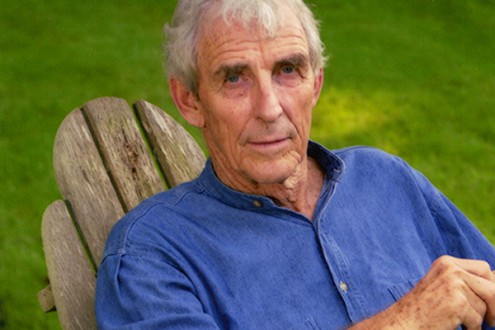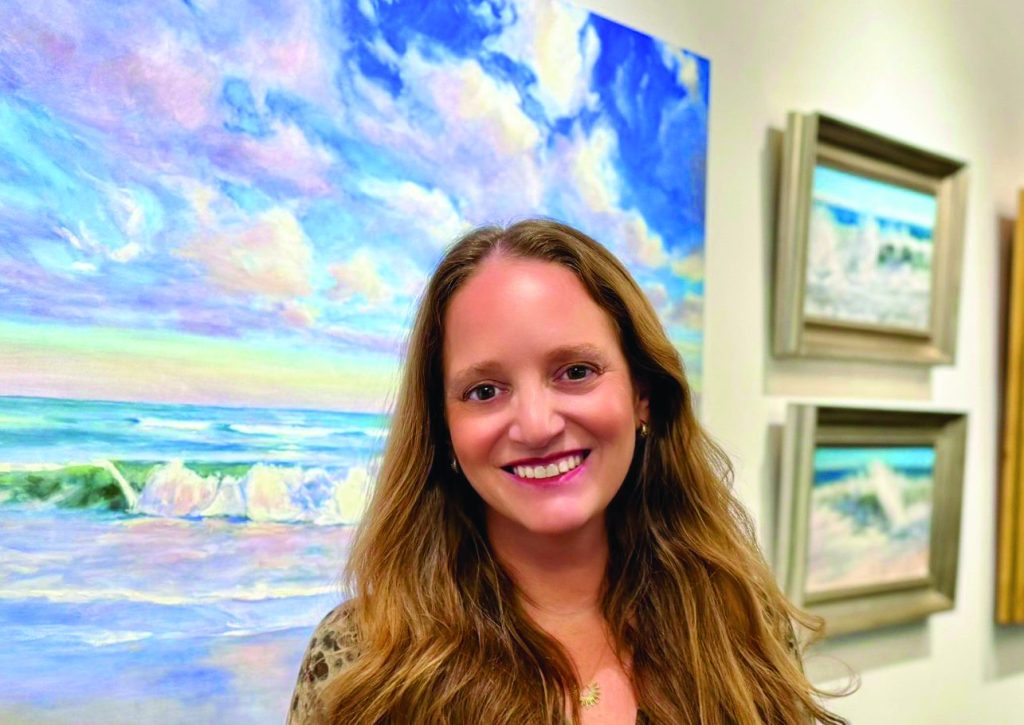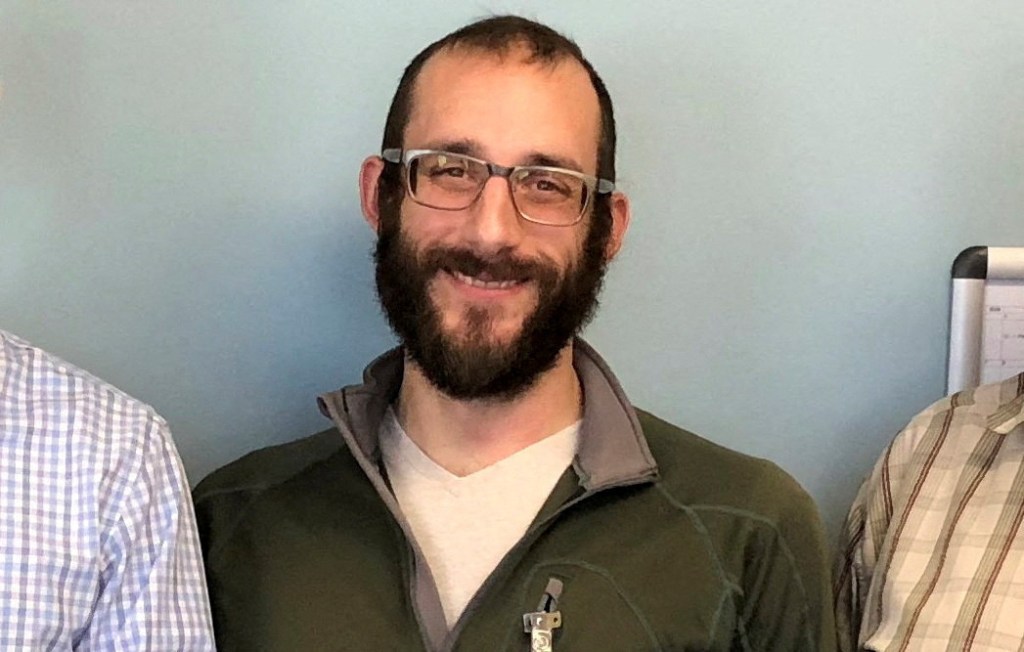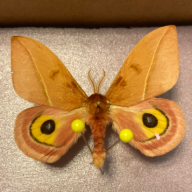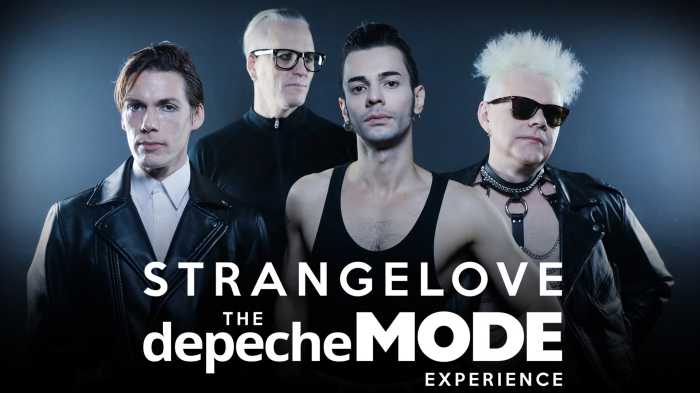By the Book: In Paradise By Peter Matthiessen
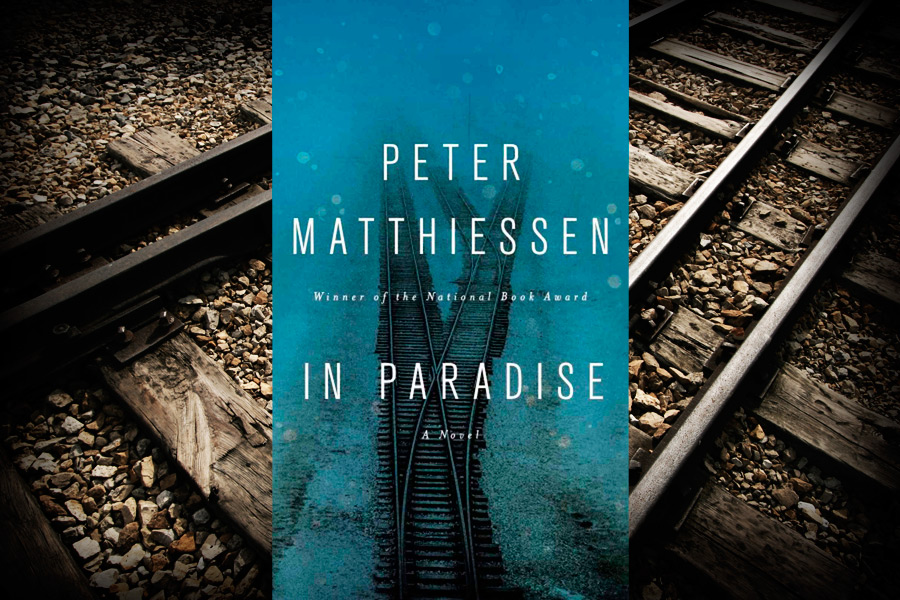
Peter Matthiessen, the co-founder of The Paris Review, Zen teacher, National Book Award winner for both fiction and nonfiction—and our Sagaponack neighbor for many years—died on April 5, having just finished the book he said might be his last. It was, but the 86-year-old writer put his mind, heart and soul into this one, a novel called In Paradise (Riverhead Books). It’s stunning. And timely: April 28 is Holocaust Remembrance Day. In the 1990s Matthiessen made three trips to Oswiecim, in Poland. The name Oswiecim is back on the maps now. Before that, the Nazis made over the army stables and pastureland of this once heavily populated Jewish village and turned it into Auschwitz-Birkenau.
In Paradise—the name drips with sarcastic irony—is a stunner, also, because of the quality of the prose. The title comes from the Gospel of Luke 23:43, when the penitent thief on the cross says to Jesus, “remember me when You come in Your kingdom” and Jesus says, “Truly I say to you, Today shall you be with me in paradise.” This enigmatic reply appears in the novel, and is disputed. Is this a sufficient answer not only for the so-called penitents, but especially for those who suffered like the little children? (the re-created scenes of the death-camp platforms are particularly jolting).
Matthiessen’s tale explores these questions, and more—including the putative origin of this evil, the extent to which the Nazi juggernaut against the Jews—and Gypsies and homosexuals—was aided and abetted by the Church, and the legacy of this unspeakable horror. As the central character asks of a young Polish couple who gives him a lift to the region, did they know that “nearly 2,000 Jews were murdered in this country after the war?” No, they did not.*
With its pulsing sentences and parenthetical qualifications, its shockingly effective imagery and its mix of third-person present-tense narration and interior monologue, Matthiessen’s Holocaust story unfolds in a way that’s original and moving. It’s no small achievement to revisit this profound and tragic history that has already seen numerous memoirs, biographies, scholarly tomes and articles and film. Matthiessen once said he always wanted “to comment on this global catastrophe,” but that as “a non-Jewish American journalist” he felt “unqualified,” felt he had “no right.” But approaching the subject “as a novelist, an artist,” he decided he could do it. As an artist remarks to the protagonist, “The only way to understand such evil is to reimagine it. And the only way to reimagine it is through art…You cannot portray it realistically.” And yet, like Primo Levi and others, many intellectuals and artists—survivors—eventually became suicides.
In Paradise is not a consoling book. It does not attempt to answer or resolve the deeply disturbing questions the Holocaust presents. But it is searingly honest and beautifully nuanced. Fiction allows Matthiessen to look at the Shoah from a variety of diverse perspectives—perpetrators and victims, all kinds, all degrees, while centering on the complex motives of his protagonist, Clements Olin, an American academic.
Olin was born in Poland but his father got him and his grandparents, members of the Christian aristocracy, out in time. That was about 50 years ago. Why would Olin, a respected scholar of Slavic studies, go to Auschwitz in 1996? What does it mean to “bear witness,” as the group he joins of 140 men and women, Christians, Jews, a Palestinian, secular and religious, does here? Tensions mount, contradictory emotions torment the witnesses—exploding hatred and a sudden, inexplicable joy overcome them over the weekend retreat. How can anyone make sense of such a hell, let alone feel love for another human being, for humanity?
Matthiessen’s final work is daring, provocative and heartbreaking.
